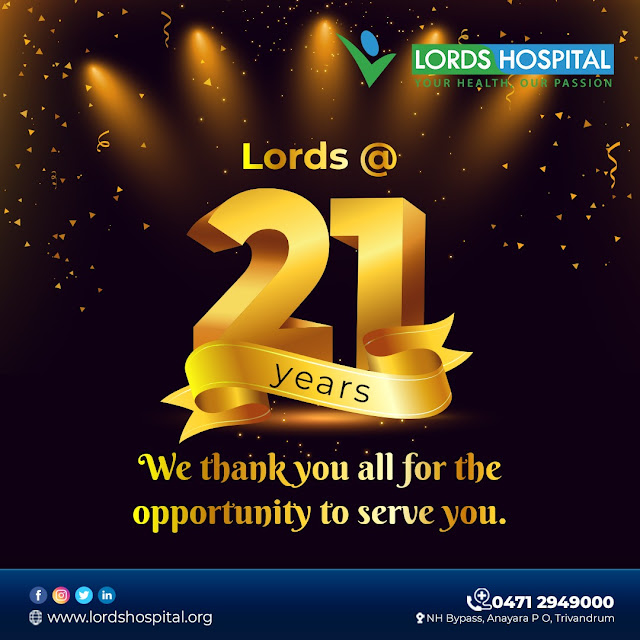Constipation Remedies during Pregnancy
Constipation is the condition of having difficulty in regular bowel movements. It is a very common symptom that many women experience during pregnancy. As with many other pregnancy related symptoms, pregnancy hormones are the reason behind constipation. Progesterone causes the muscles in your bowels to relax and this makes the digestion of food slower. Constipation tends to start as early as progesterone levels increases, around the second to third month of pregnancy. There are chances for it to get worse as pregnancy progresses and your uterus grows. There are things you can do to prevent constipation during pregnancy period. Here are some remedies for Constipation in Pregnancy.
Causes of constipation
Most cases of constipation are not caused by a selected condition. However, there are several factors which may increase your chances of getting constipation. These include the following:
- Not eating enough fiber, such as fruit, vegetables and cereals,
- A change in your routine, or lifestyle, such as a change in your eating habits,
- Lack of exercise
- Not drinking enough fluids
- Being overweight
- Stress or Anxiety
Symptoms of Constipation during Pregnancy
During pregnancy, the foremost common symptoms of constipation are:
- A decrease in appetite
- Reduced bowel movements
- Blood in the stool due to hard faces
- Abdominal bloating and pain
Remedies for constipation during pregnancy
Being active and getting regular exercise, with a doctor’s approval, can help relieve constipation. If exercising isn't a priority or possibility, attempt to slot in a mild walk every day.
Millions of healthy bacteria sleep in the gut and help it function correctly. Probiotics may help repopulate the gut bacteria with healthy strains that encourage normal and regular bowel movements.
Constipation can be particularly uncomfortable during pregnancy. During pregnancy, women can often relieve constipation using gentle safe remedies. There are a few tricks you could attempt remedies and recommendations:
- Eat more fiber: Fiber is that part of food that resists enzymatic digestion. Increase the amount of fiber consumed daily fresh fruits and veggies. Eating plenty of food with higher fiber content or meals. Fibers stimulate normal laxation and prevent constipation
- Divide your meals: Heavy meals increase the work of your digestive system. Divide your intake into six or seven smaller healthy pregnancy meals, as they're easier to digest. wheat fiber supplementation is safe and effective during pregnancy and may relieve symptoms. Fiber supplements should be introduced slowly and plenty of water consumed while they are being taken
- Stay hydrated: Increasing fluid intake every day keeps solids moving through your digestive tract and makes constipation easier to pass. An adequate fluid intake (about 8 glasses of water a day and a glass of fresh fruit juice) helps to prevent constipation. Drinking more fluids features a range of advantages and should assist in easing constipation. Water may be a good source of fluids because it hydrates without adding additional energy to the diet. Intake of fluids containing added sugars should be moderated.
- Get daily exercise: Regular exercise during pregnancy encourages regular digestion movements. Even just a 10-minute walk can get things moving, so confirm you're getting the recommended amount of practitioner-approved exercise.
- Plan a destressing activity: Pregnancy can be stressful enough without worrying about constipation. Do an activity that helps you destress, like taking a warm bath or joining a yoga or meditation class
- Get your supplements: Take supplements or vitamins, but before taking it consult with doctor.
How Is Constipation In Pregnancy Treated?
If the lifestyle changes talk to your doctor, pharmacist about medication (laxatives) that can be used safely to treat constipation in pregnancy. This type of laxative is commonly used in pregnancy which aids its movement through the digestive tract. While constipation isn't pleasant, it isn't really dangerous either. The main concern is that constipation can cause straining that would cause hemorrhoids (swollen veins within the rectal area). These are often itchy and annoying or maybe downright painful. But luckily there are strategies for soothing hemorrhoids. If your constipation is severe and protracted, or if it's amid other worrisome symptoms like vomiting or bloody stools, you ought to see a doctor.




Comments
Post a Comment